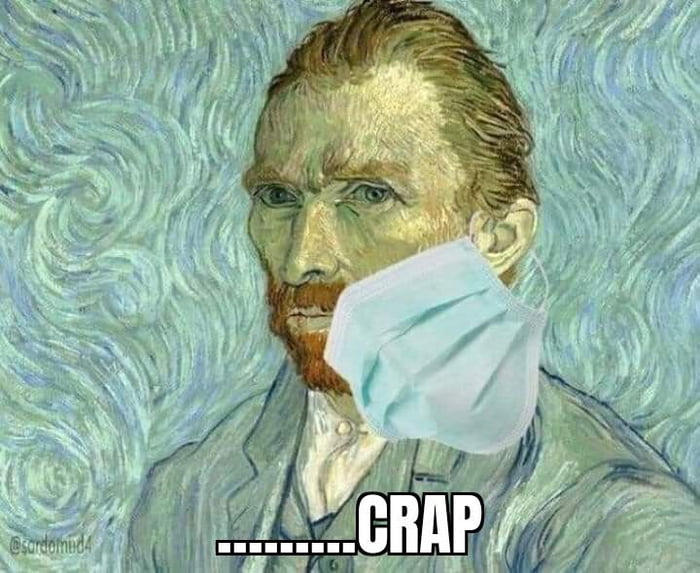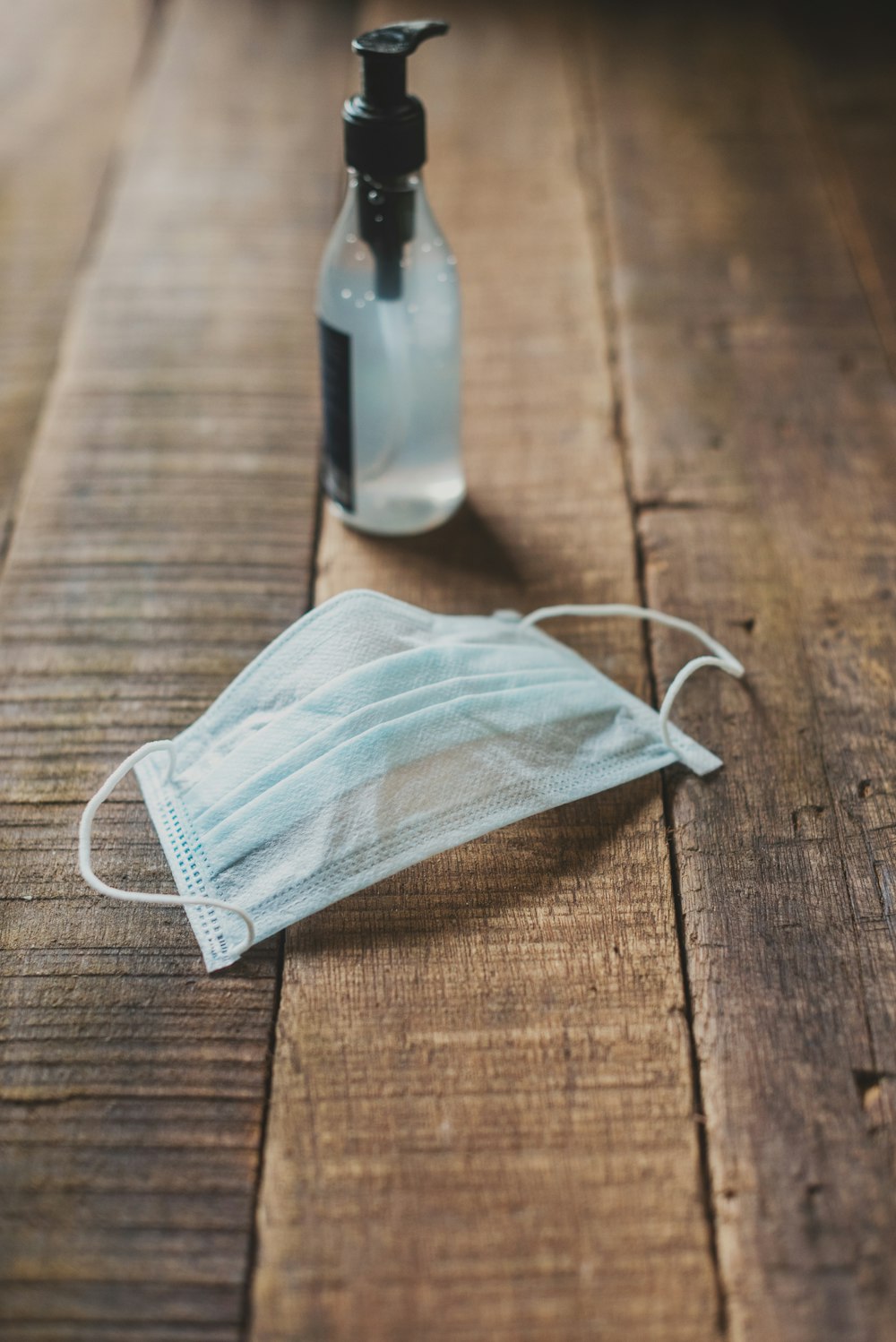
Why the $@&% do we, frontline
healthcare providers, have to socially distance?
As healthcare
providers, we've found ourselves exempt from many of the recommendations and
closures related to the current pandemic. Since we absolutely are
essential in this response, we've had a bit more freedom than many of our
non-HCW friends. We've listened, admittedly annoyed, while our friends
and family members complain about how bored they are just sitting at home,
telling us that we're lucky because we get to go to work. But,
with that being said, we’ve been privy to actually having face-to-face
interactions while the rest of the world is hunkering down. It is this
privilege that puts us at such great risk.
Ideally, you're
social distancing since it's unlikely respiratory droplets disperse more than
6ft away with normal talking. That’s not the case for a forceful cough;
but, if you're coughing (or otherwise symptomatic), you shouldn't be at
work.
In our line of work,
it can be tough to stay 6ft away from our coworkers. We've got this
covered with PPE on calls, but what about when we're at the station?
That's where masking comes in. We truly should be wearing a mask anytime there’s
potential for close contact (<6ft) with someone outside of our immediate
home. And, that includes the station. This is exactly why the CDC
changed its recommendations last week to include the use of a mask anytime social
distancing may be difficult. That's not to say that you need to wear a
N95 to bed, but you should be covering your face so that you don't accidentally
infect your partner as an asymptomatic transmitter. This is the only
situation where you should consider wearing a cloth mask at work!
Remember that old six
degrees to Kevin Bacon game (also known as Bacon's Law)? Well every time
an infected person accidentally touches or exhales on an item, that item
becomes a fomite just waiting for you to touch it and become infected.
You then easily take that home with you to your family. All of a sudden,
it's like your whole family was hugging that infected person. The good
news: when we wear appropriate PPE and DECON our truck, we break this cycle,
never putting our loved ones at risk.
But, how confident
are you that someone with whom you work closely hasn't accidentally been
contaminated or isn’t an asymptomatic carrier? This post isn't meant to
scare you, but to remind us that we can do a better job social distancing (even
though we're still going to work), simply by following the CDC's
recommendations for everyone. This includes social distancing, wearing a
mask anytime that you may come within close proximity of another person,
washing your hands frequently (or using sanitizer when soap and water aren't
available), etc.
Take a look at this
diagram from the New York Times:
Imagine if the person
in red had worn a mask at work and didn’t touch their face. Maybe they
wouldn't have infected both their shift and relieving crew...
Some of our agencies
are doing a fantastic job of protecting themselves, their partners and their
families by making a few changes on shift.
- Limit the number of
people in the station to ONLY those on duty
- Spread out sleeping
arrangements
- Mask whenever you're
not in a private room
- Disinfect boots and
leave them in the bay, only wearing slippers in the station
- Wipe down any
touched surfaces including door jams, the backs of kitchen table chairs,
keyboards, radios, etc. at least 1x/shift
- Eat in rotations to
limit the number of members at the kitchen table
Some of these changes
are a big shift from our usual station culture.
But, please, be flexible. The
alternative may mean more than just a few days off work.
A few other things to
consider:
- Limit the number of
people in close proximity to high-risk patients
- Never write your VS
on dirty gloves that you'll need to keep around to write your report
- Don’t spread the
risk. DECON early in patient rooms
before moving into clean spaces.
- Make sure to wash
your neck and wrists after DECON'ing as these areas are not covered by face
shields and gowns
- Bring an extra
uniform to change into before going home (and, if able, wash your dirty uniform
at the station)
I'm not saying that
you need to be these guys...
But take a look at
how easily you can contaminate your surroundings, from the MythBusters
I pester because I
care. Please stay safe.
And, thank you. Thank you so very much for your commitment to
our team, patients and community.
Resources:
Use of Cloth Face Coverings to Help Slow the Spread of
COVID-19.
CDC.
Published
online April 4, 2020. https://www.cdc.gov/coronavirus/2019-ncov/prevent-getting-sick/diy-cloth-face-coverings.html
Bai Y, Yao L, Wei T,
et al. Presumed Asymptomatic Carrier Transmission of COVID-19. JAMA. Published online February 21, 2020.
doi:10.1001/jama.2020.2565.
https://jamanetwork.com/journals/jama/fullarticle/2762028
https://jamanetwork.com/journals/jama/fullarticle/2762028
Roberts, S. You Can Help Break the Chain of
Transmission. New York Times. Published online March 19, 2020.




No comments:
Post a Comment